
The following appeal has been issued by United for Colombia, Australia, in response to the repression of nationwide protests that began in opposition to the government’s tax reform.

The following appeal has been issued by United for Colombia, Australia, in response to the repression of nationwide protests that began in opposition to the government’s tax reform.
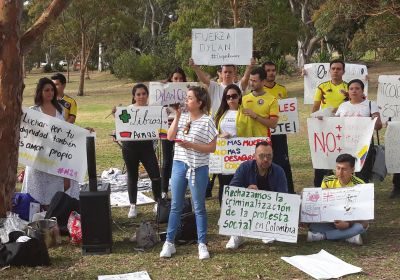
A National Strike called by trade unions on November 21 became one of the biggest mobilisations in Colombia's recent history as student, environmentalist, human rights and women's groups, among others, joined together to reject the neoliberal policies of President Ivan Duque's government.
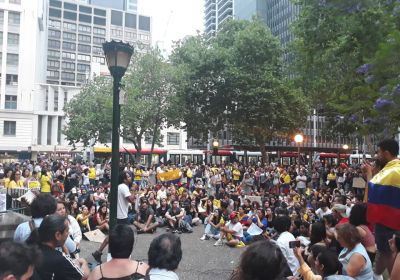
Initially called by trade unions, the National Strike has grown to involve numerous sectors of Colombian society that oppose the nation's right-wing government headed by President Ivan Duque.

A new phase of armed conflict in Colombia has emerged with the declaration by some former leaders of the FARC-EP (Revolutionary Armed Forces of Colombia — People’s Army) that they are reorganising and rearming as an insurgent force, writes James Jordan.
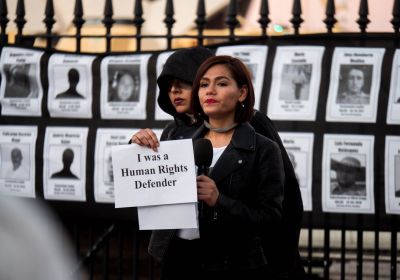
Australian-based solidarity group United for Colombia released the following appeal on August 3 in response to continuing human rights violations in Colombia.
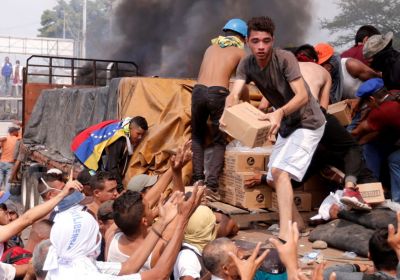
One month after declaring himself the “legitimate president of Venezuela”, Juan Guaidó attempted to provoke a crisis on February 23 by forcing United States' humanitarian aid across the Venezuela-Colombia border. Here Elisa Trunzo asked Jose Curiel for his account of what happened at the border that day.
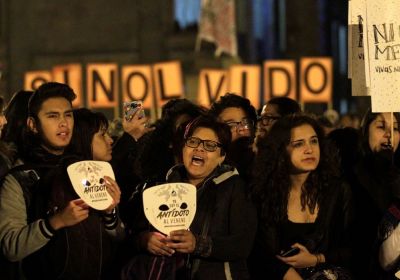
Business owners in northwest Colombia are conspiring with death squads to assassinate social leaders and prevent the restitution of land that was stolen during Colombia’s decades-long armed conflict, according to several Colombian NGOs.